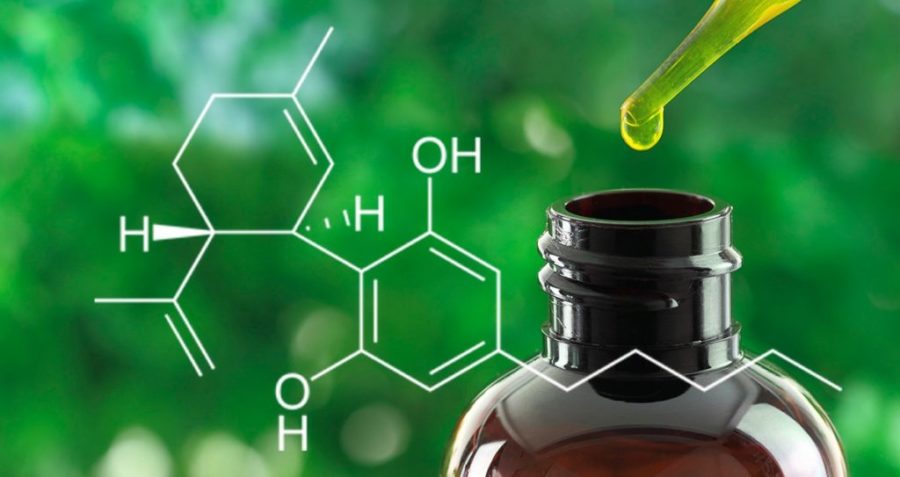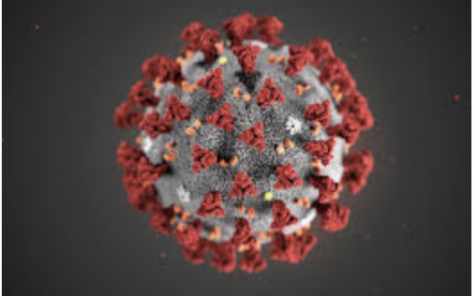What’s the Deal With Cannabinoids — The Eagle’s Cry in-Depth Exclusive
Speak the word “Marijuana” in school and students and teachers will freak out. Clearly, this drug is illegal in the United States—although a little less every year. Here’s the million-dollar question: is everything derived from marijuana illegal?
Cannabinoids (CBD) have become a controversial topic in law enforcement and between scientists. According to a Harvard Medical School health journal, CBD is an important component in medical marijuana that can be beneficial if used as a dietary supplement. Derived from the hemp plant, CBD is non-psychoactive, which means it won’t give you the mind altering effect, or “high” that marijuana does and it won’t show up in drug tests. CBD is recognized for its benefits on psychological and physical pains. Many use cannabinoids to control anxiety, seizures, insomnia and chronic pain. In fact, just this year, the United States’ Food and Drug Administration (FDA) approved the first cannabinoid derived medicine, Epidiolex. This medicine was able to control and prevent seizures in those with epilepsy. While Epidiolex has been proven effective, many scientists point out the FDA’s inability to regulate the dietary supplements. Even though all medicines have a certain recommended dosage, the FDA doesn’t know the most effective dosage for CBD.
While understanding the medicinal advantages of cannabinoids is relatively easy, understanding how they work is a bit more complicated. As stated by popular website Medical News Today, our bodies have our own CBD receptors. The receptors CB1 are found mostly in the brain and regulate mood and memory, while CB2 receptors are found in the immune system and control things such as inflammation and pain. When a user ingests CBD, whether it’s in the form of oils or infused in a food, it signals these receptors to work on their own. Once the CB1 and CB2 are triggered, they stifle physical and psychological pain.
While the Schedule One drug marijuana is illegal in all but nine states, cannabinoids are legal in all 50 states. In fact, in an executive summary by the New York legislature, officials advocated for the legalization of marijuana related substances, stating that the use of these products can reduce opioid prescriptions and overdoses. Additionally, making these products legal and available to the public will increase job opportunities, therefore benefiting the economy.
Currently, CBD oils can be found in stores ranging from gas stations to smoke shops. As of today, stores sell these products in various forms: Gummies, e-Liquids, oil droplets, baked goods and creams. Even though CBD is legal in New York, there are rules regulating who can purchase it. The age limit varies between stores, while some shops insist that only 21 year olds and older can purchase CBD products, there are some that accept 18 as the minimum age. However, there is no age-restricting laws against consumption or usage of CBD.
Overall, scientists have proven that CBD’s benefits reach beyond medicinal, and even have an influential effect on the economy. Eventually, the opinions on “marijuana” won’t be so terrible, since our focus will not be the drug, but the improvements CBD has made in patients who previously had no hope in finding a relief.

Sara Northgard is a junior at Bethpage High School who began writing for The Eagle’s Cry just this year. Sara didn’t always live in Bethpage, in fact,...












Jo • Jun 29, 2022 at 6:36 pm
Thank you ! A very nice read